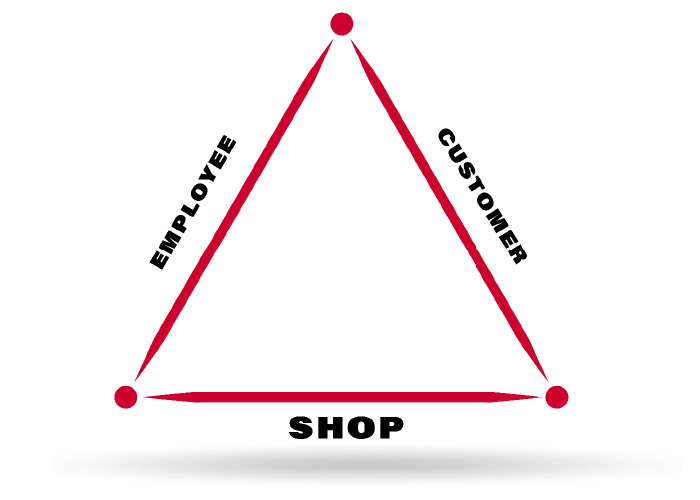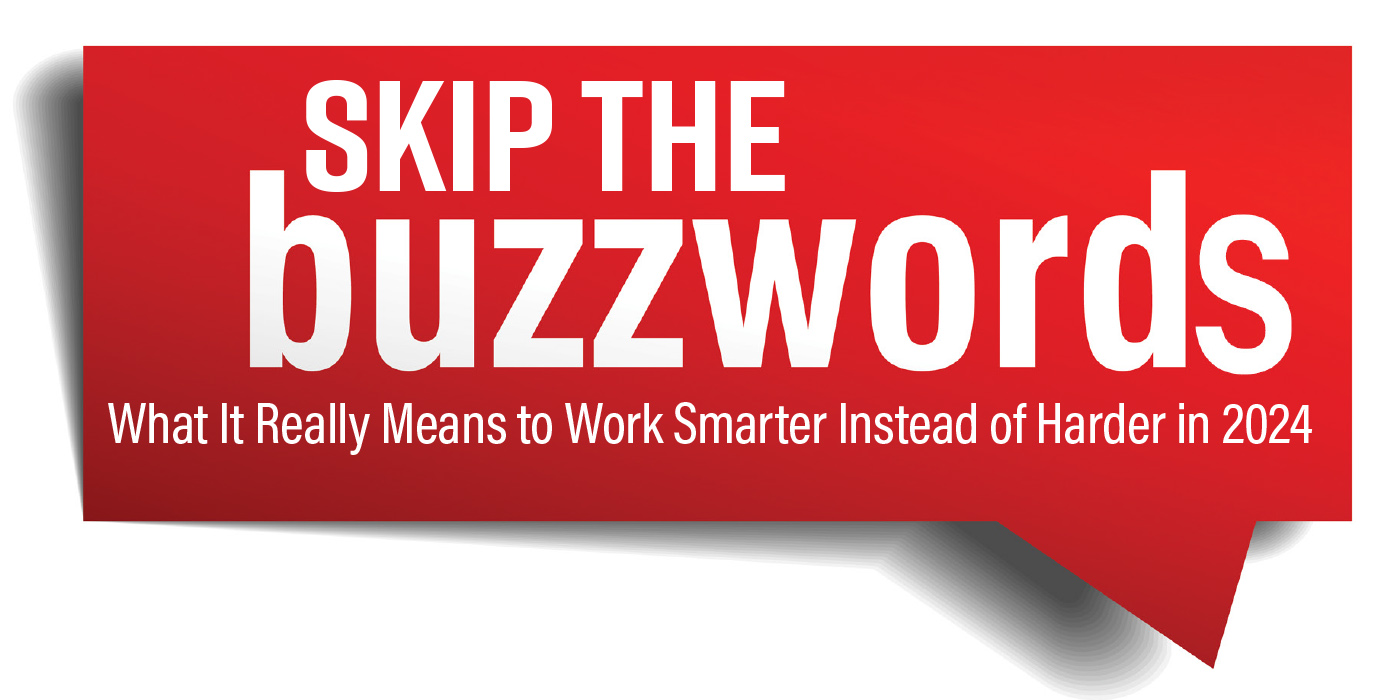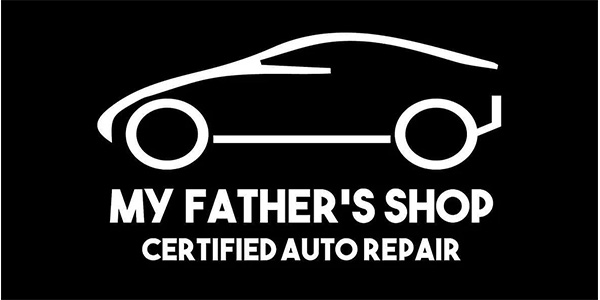The Secret To Transforming Your Shop, Empowering Your Employees and
Growing Your Profits
This article is for every shop owner who wants to create more accountability but doesn’t know how. Maybe you’re hiring your first employee. Maybe you have all the tools you need in your arsenal, but you’re reluctant to talk to employees about it because they might get upset. Maybe you’re just finally ready to grow.
No matter what brings you here, I’m excited to dig into this with you. By the time you get to the end of this article, you should have clear direction on how to use measurement and accountability to grow your shop all year long.
First, let’s start with a critical definition. When some folks hear the word “accountability” they connect it in their mind to “discipline.” They picture yelling at an employee, threatening their job or otherwise being angry and upset. If you’re a shop owner who just wants to keep the peace, acting like this seems totally out of character. It’s easier to keep things as they are than to act like that and totally disrupt the shop.
I have good news: discipline and accountability are not the same thing. Discipline is needed to stamp out bad behavior. Accountability, on the other hand, encourages good behaviors, the kind that lead to everyone winning: the employee, the shop and the customer.
Make no mistake, that’s the goal of everything we’re going to cover here: creating situations where everyone wins. This is best accomplished through the management triangle.
The Management Triangle
Picture a triangle with three equal sides. The left leg of the triangle is labeled “Employee,” the right leg is labeled “Customer” and the bottom leg is labeled “Shop.” The only way for that triangle to remain strong and stable is for all sides to remain equal. If you try to grow one side by taking away from another, the whole structure collapses.
The management triangle is the surest way to ensure that you’re making the right decision for your business: it protects and grows the customer, the employee and the shop.
In the context of accountability, this means that when you make your employee accountable for maintaining or growing a number, it should be done in a way that protects and grows opportunities for the customer, the employee and the shop.
We’ll come back to this idea shortly.
Now that it’s clear that accountability is a good thing that helps employees grow, the natural next question is, what should employees be held accountable for?
The criteria are:
The employee must be able to control the number. If they are accountable for hitting a number but have no way to control it, that’s a recipe for dissatisfaction and an almost guaranteed way to lose an employee. The service advisor is typically able to control parts margin, for instance, but can’t control how much the shop gives away in discounts.
The employee must also be able to see where the number is and how it compares to their target every day. For example, the service advisor who is accountable for hitting a parts margin must be able to measure that margin every day, so they know if they’re winning or losing.
Along these same lines, they must also be able to hit their goals. If they are accountable for hitting a result that is too high or too far away, they’ll get frustrated and give up.
Finally, they need training on how to hit that number so they can reach their goals.
This leads us back to the management triangle.
By itself, making an employee accountable for a number only benefits the shop. If the employee doesn’t have any incentive to hit that number, the employee side of the management triangle doesn’t grow. And, because the employee doesn’t have any training or oversight, the customer side of the triangle will suffer as well.
This offers a guide for how best to implement accountability.
First: responsibility for hitting a number should come with incentives for reaching that benchmark. The employee is helping to grow the shop and make it more successful (and also making it so you don’t have to micromanage the number to know it will be hit) and their pay should reflect this.
But, just as importantly, even though your employee is accountable for hitting a number doesn’t mean you can mentally check out. If the service advisor is accountable for hitting a certain parts margin and realizes they can hit it faster by taking advantage of some customers, the customer leg of the management triangle will be decimated. The management triangle demands we properly train employees on our expectations and provide oversight to ensure they’re following proper processes.
This is either helped or hindered by your management choices.
I’ve talked a bunch here about parts margin, so we’ll keep that as our primary example. How easily can your advisors see parts margins for individual parts, the margin on a repair order or even the overall margin for days, weeks and months? How easily can you see where advisors have over- or under-charged a customer for parts? Where can your employee go to get training on how to hit their benchmark consistently?
Ideally, these things are at your fingertips through your shop management system. The harder it is to keep score and know if you’re winning, the less your team can be held accountable for doing the things that will help grow the shop.
A final note: the shop leg of the management triangle is just as important as the other two. If you start implementing incentive pay plans without sufficient controls, you can accidentally end up growing the employee leg of the triangle at the expense of the other two. With the wrong pay plan, the advisor can destroy the shop’s profits, forcing the shop to overcharge customers to make up the difference. A critical part of growing all three sides equally is finding an expert to build an incentive-based pay plan that accounts for your unique situation, customers, market and history.
I hope accountability no longer feels like a dark, dirty thing for your shop. After all, accountability is how successful shops grow sales, create new opportunities for employees and make the business less reliant on you to be the secret sauce.
Most of all, accountability is how you grow the management triangle, so everyone benefits: the employee, the customer and the shop. Just follow the criteria in this article when establishing what numbers your employees are accountable for and everyone is sure to win this year in your operation!














